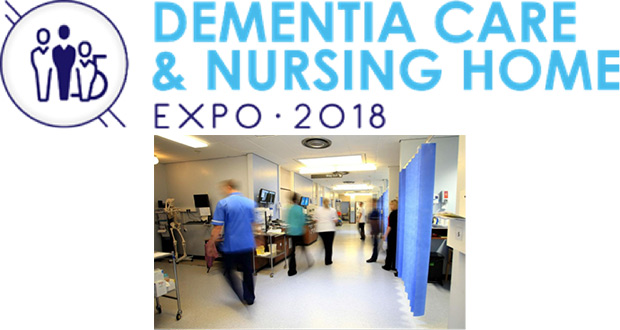Adult Social Care: Finding A Sustainable Solution
 Extra-care housing was an initiative originally brought about under the last Labour government, who fostered the approach when an Extra Care Fund was set up by ministers to stimulate the market.
Extra-care housing was an initiative originally brought about under the last Labour government, who fostered the approach when an Extra Care Fund was set up by ministers to stimulate the market.
An ‘extra-care’ initiative is best exemplified through a care village. The concept is based around enabling people who require care, to live as normal life as possible and retain the independence they have had all their lives.
Much has been made of the ‘care home timebomb’ in recent weeks. The analogy refers to the growing demand for care home beds; the care industry needs to generate another 50,000 beds within five years to adhere to a growing demand. To meet the demand, an extra 15,000 homes for older people need to be created every year – a criteria that is not being met. If your company can assist care homes in meeting this criterion, please call 0117 929 6097 to discuss the opportunity to exhibit your business in front of 3,000 care home owners actively looking to purchase solutions.
The current ‘extra-care’ facilities tend to work on a mixed-tenure basis – from permanent purchase to rent. Residents, their families or both, are then able to pay extra for the services they require. Services range from round-the-clock care for those with dementia, to basic support that might include help with daily chores such as shopping. The initiative provides an alternative to occupational therapy – a service that the NHS budget can only afford to offer to priority patients. It is because of the lack of funding that some people can fall through the social care gaps and are consequently later admitted to hospitals or care homes when their health deteriorates.
However, whilst the scheme is a promising alternative, it has come under close-scrutiny and criticism. Only 30% of residents are funded by the NHS or by councils, all of whom are assessed based on clinical need or through social eligibility rules. That means 70% of residents are privately funded by their families, themselves or both. The average cost of an apartment on a Belong site is £164,000, whilst the average rent a week costs £259 including cover costs. The extra-care facilities cost extra – with 24-hour dementia care amounting to £930 a week. The cost of living in a care village quickly surges and can become unaffordable for the less affluent.
A recent study has suggested dealing quickly and effectively with simple care and housing needs could cut the cost of social care by almost a quarter. Moreover, by identifying and resolving social care needs quickly, people are more likely to avoid a hospital stay or admission to a care home. The project – dubbed Lightbulb – deploys housing teams from each of Leicestershire’s district councils and pairs them with GPs and other health and care professionals. The aim of the project is to identify and solve housing problems for people at risk at home, or for patients who cannot be discharged from hospital because they require social care support that cannot be provided at home. However, concerns have been raised about the sustainability of such a model considering the council cuts facing many counties.
Whilst there is not an immediate answer to the problems highlighted in this article, more research should be undertaken to establish a solution that is achievable and sustainable. The need for a solution will only grow. Our elderly population is growing and along with it the number of people who need additional care at home or after a hospital discharge. To see presentations of the latest research in sustainable social care solutions, register for your free ticket to attend the Dementia Care & Nursing Home Expo on 0117 990 2109.
The Dementia Care & Nursing Home Expo aims to combat this problem. Our first aim is to help generate industry growth so the demand for beds expected over the next few years can be met. In meeting these demands, the care industry can relieve the pressure it currently finds itself under. Filling more beds ultimately means that the care industry will have the funding to develop additional care facilities.
Our second key ethic goes hand in hand with our first – we want to improve the level of care and facilities care providers can offer. Improving the level of care throughout the industry will create more initiatives that can cover a wider range of care needs.
3,000 care home owners and senior decision makers are due to attend the event on the 25th & 26th April 2018 at NEC, Birmingham. Tickets to the event are free, making this the must attend event for care home owners looking to develop and grow their care home businesses.
[BOX OUT]
Tegan Nichols
Journalist
Dementia Care & Nursing Home Expo
Register for free tickets at carehomeexpo.co.uk
Exhibiting and sponsorship enquiries: 0117 990 6097
Partnership enquiries: 0117 990 2093

